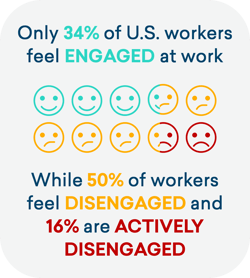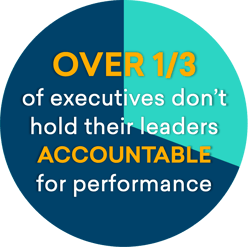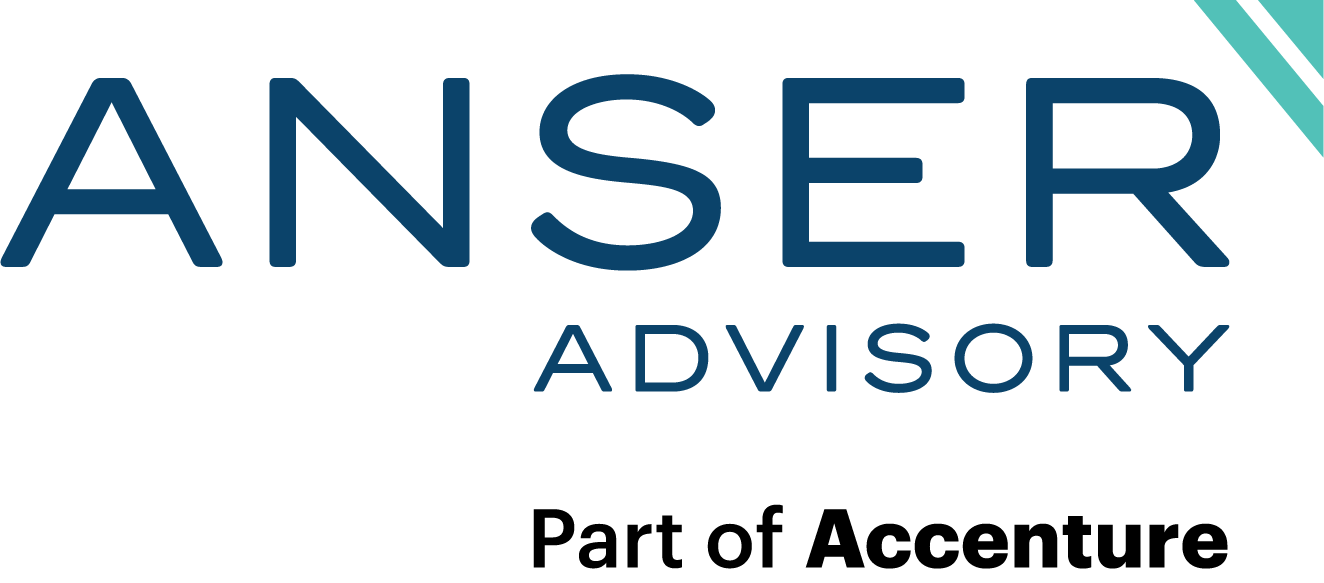Full confession: I am a big Bruce Springsteen fan. Growing up as a teenager in New Jersey in the ’70s and '80s I didn’t realize in his early days that he was primarily a regional talent. I have only seen him live once, in an amazing show at a soccer stadium in Frankfurt, Germany.
So, where does Bruce fit into a leadership blog?
I recently read his autobiography Born to Run and watched Springsteen on Broadway on Netflix. If you’re a Springsteen fan, I highly recommend them both. If you’re not a fan, I still recommend them both, although you may want to start with the book. They’ll not only help you better understand what is behind this gifted musician who grew his personal brand to an iconic level but there are also some interesting leadership takeaways. Don’t get me wrong, Springsteen has certainly made his share of mistakes and he openly confesses to many flaws and challenges. Yet, he demonstrates a refreshing candor and self-awareness that makes him a better leader.
Passion vs. Paycheck
My first observation is his tremendous passion. Springsteen is undeniably talented as a musician. But, how many talented musicians (substitute with any profession here – marketing professional, attorney, athlete…) don’t achieve their full potential because they lack passion for their work?
The man loves everything about the music; his band, and his fans and he appears to never ‘mail it in.’ His concerts were known to go for a full four hours to include a great encore. He and his band appear to genuinely enjoy entertaining and his book really bears this out.
This is a great example of the passion vs. paycheck debate, which has been increasingly researched and debated, especially over the past few years. On the “traditionalist” side of the debate are those who believe one should “do what it takes” to get a paycheck, even if it’s not enjoyable. On the other hand, innovation and other cultural forces have driven the changing workforce to adopt an age-old adage as their war cry, "Choose a job you love, and you will never work a day in your life.”
But which side is right? According to a Gallup poll during the second half of 2021, only 34% of the American workforce felt engaged, involved, and enthusiastic about their work, and the remaining 66% felt disengaged. This is a big deal, as those disengaged employees, particularly those who are actively disengaged, negatively impact productivity, morale, and (ultimately) the bottom line. Great leaders are passionate, and I hope everyone has the chance to find their passion, regardless of whether or not they become famous rock and roll stars.
According to a Gallup poll during the second half of 2021, only 34% of the American workforce felt engaged, involved, and enthusiastic about their work, and the remaining 66% felt disengaged. This is a big deal, as those disengaged employees, particularly those who are actively disengaged, negatively impact productivity, morale, and (ultimately) the bottom line. Great leaders are passionate, and I hope everyone has the chance to find their passion, regardless of whether or not they become famous rock and roll stars.
Being the boss
The other lesson I took from his career was about being in charge. In his case being ‘the Boss’ means you are accountable for your organization. Early in Springsteen’s musical career, he was a part of several bands. While the music was sometimes solid, they all suffered from some level of dysfunction.
When he decided to form what would become the legendary E Street Band, Springsteen made it clear that it would not be a democracy. He would be in charge and responsible for all major decisions. What was interesting is that early on, he and his band were living off the grid. It would be difficult to pull this off today but back then many of the transactions were in cash. ‘Off the books,’ ‘under the table’ – call it what you want, the early Springsteen and the E Street Band didn’t pay taxes.
It was going well until, suddenly, they became very popular and received a lot of media publicity. Their fame put them on the radar of the IRS, and not in a good way. It took several years, but the Boss took ownership of the problem. The way he had structured his organization, he was solely accountable.
Springsteen eventually got everything straight with the powers that be, and the group went on to continued fame and fortune. This could very well have been the end of the band, but he acted as a responsible leader and ultimately resolved the problem. The buck literally stopped with him.
Accountability starts with the boss
 As Springsteen learned early on, accountability is critically important to any organization – regardless of whether it’s a rock band, business, or something else entirely.
As Springsteen learned early on, accountability is critically important to any organization – regardless of whether it’s a rock band, business, or something else entirely.
In fact, according to SHRM, it’s a common business challenge and some leaders believe up to 50% of workers aren’t held accountable for their performance. That’s not too surprising when you consider an annual State of Performance Management Survey, which revealed that over 1/3 of executives don’t hold leaders accountable for performance. Can we really expect employees to work with a sense of accountability when leaders don’t do so themselves?
While elusive to some, the benefits of accountability in the workplace are numerous. According to Inc., organizations that foster accountability “are able to hold onto employees longer, even retain highest performers, by maintaining higher levels of engagement, productivity, and satisfaction.” But accountability can’t be mandated. Rather, it’s a cultural force that is cultivated from the top down, as the Boss himself exemplified.
So, thanks to the Boss for making some iconic music, all while teaching us a little something about being a great leader. As the Boss once said, “Blind faith in your leaders, or in anything, will get you killed.”
Are you ready to lead like Springsteen?
Anser Advisory's Leadership Development Program (LDPx™) is a proven 10-year system that takes top industry leadership models and breaks them down into tangible and applicable concepts. The curriculum covers a variety of topics around the three phases in the Leadership Development Training Arc™ — Leading Self (phase one), Leading Teams (phase two), and Leading Vision & Strategy (phase three). We practice the concepts we teach so they can be immediately applied and make an impact on your organization. Participants will be taught by our executive team, and other successful industry leaders, to enhance leadership skills, improve decision-making, build high-performing teams, and use strategies that propel organizations. Our next LDPx™ training session begins October 14th — enroll today and learn how to take your team to the next level!
About Anser Advisory
Anser Advisory is an ENR Top 50 Program Management firm, and Great Place to Work® designated 2021 Best Workplaces in Consulting & Professional Services™, specializing in capital program advisory and consulting services, organization preparedness, strategy, funding, process development, program controls and project, program, and agency construction management. Anser Advisory offers clients solutions that address owner pain points across the capital development cycle from pre-planning through construction and closeout within a diverse range of social and civil infrastructure end markets.
About the Author
Steve Genn, ACC, BCC, PMP®
 Steve combines his leadership skills and experience with a passion for developing rising executives. He co-developed and facilitates the Leadership Development Program and has presented on this topic to the Construction Management Association of America (CMAA), the Joint Engineer Training Conference (JETC), and the National Contract Management Association (NCMA).
Steve combines his leadership skills and experience with a passion for developing rising executives. He co-developed and facilitates the Leadership Development Program and has presented on this topic to the Construction Management Association of America (CMAA), the Joint Engineer Training Conference (JETC), and the National Contract Management Association (NCMA).
Steve is a certified Project Management Professional (PMP)®, a Board-Certified Executive Coach (BCC), an Associate Certified Coach (ACC), and a certified Myers-Briggs® practitioner. He has 25+ years of program/project management experience and currently leads the Department of Defense portfolio. He previously worked at PwC, Cardinal Health, and several highly regarded management consulting firms.
Steve received his MBA from Georgetown’s McDonough School of Business and a BA from Louisiana State University, where he was commissioned through Air Force ROTC. His prior military service includes active duty as an Air Force Air Battle Manager, during which he flew missions in Desert Storm. He retired as a Colonel from the Air Force Reserves.


